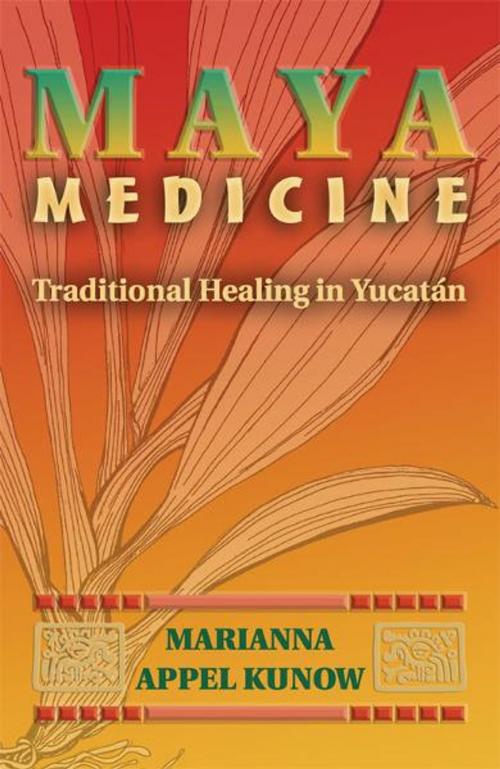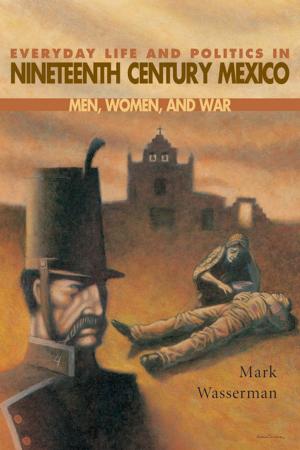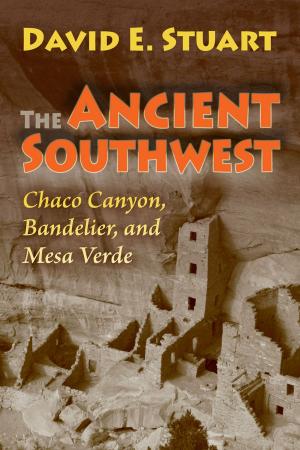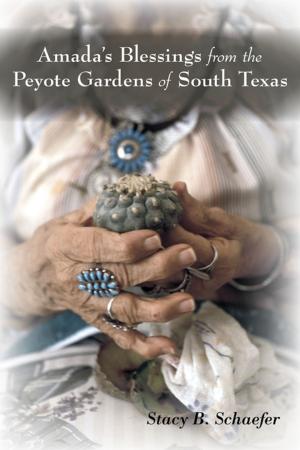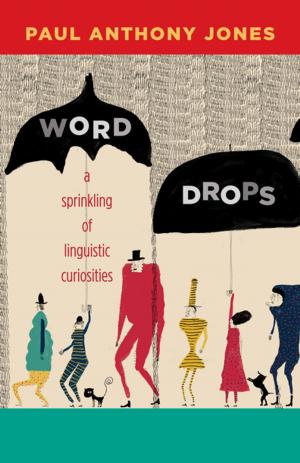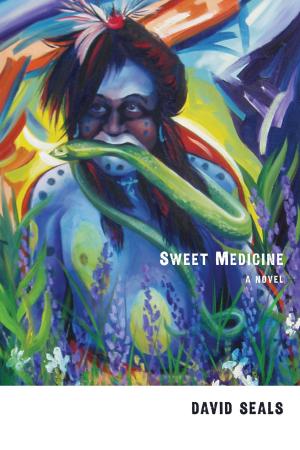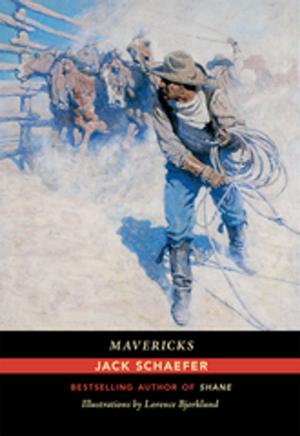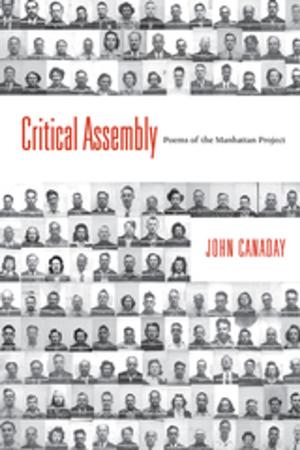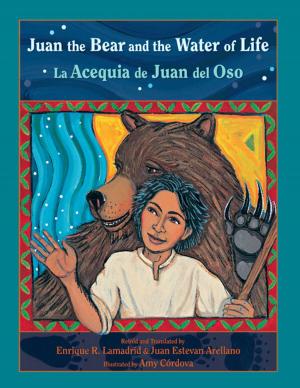Maya Medicine: Traditional Healing in Yucatán
Nonfiction, Social & Cultural Studies, Social Science, Anthropology| Author: | Marianna Appel Kunow | ISBN: | 9780826328663 |
| Publisher: | University of New Mexico Press | Publication: | April 17, 2003 |
| Imprint: | University of New Mexico Press | Language: | English |
| Author: | Marianna Appel Kunow |
| ISBN: | 9780826328663 |
| Publisher: | University of New Mexico Press |
| Publication: | April 17, 2003 |
| Imprint: | University of New Mexico Press |
| Language: | English |
This account of the practice of traditional Maya medicine examines the work of curers in Pisté, Mexico, a small town in the Yucatán Peninsula near the ruins of Chichén Itzá. The traditions of plant use and ethnomedicine applied by these healers have been transmitted from one generation to the next since the colonial period throughout the state of Yucatán and the adjoining states of Campeche and Quintana Roo.
In addition to plants, traditional healers use western medicine and traditional rituals that include magical elements, for curing in Yucatán is at once deeply spiritual and empirically oriented, addressing problems of the body, spirit, and mind. Curers either learn from elders or are recruited through revelatory dreams. The men who learn their skills through dreams communicate with supernatural beings by means of divining stones and crystals. Some of the locals acknowledge their medical skills; some disparage them as rustics or vilify them as witches. The curer may act as a doctor, priest, and psychiatrist.
This book traces the entire process of curing. The author collected plants with traditional healers and observed their techniques including prayer and massage as well as plant medicine, western medicine, and ritual practices. Plant medicine, she found, was the common denominator, and her book includes information on the plants she worked with and studied.
This account of the practice of traditional Maya medicine examines the work of curers in Pisté, Mexico, a small town in the Yucatán Peninsula near the ruins of Chichén Itzá. The traditions of plant use and ethnomedicine applied by these healers have been transmitted from one generation to the next since the colonial period throughout the state of Yucatán and the adjoining states of Campeche and Quintana Roo.
In addition to plants, traditional healers use western medicine and traditional rituals that include magical elements, for curing in Yucatán is at once deeply spiritual and empirically oriented, addressing problems of the body, spirit, and mind. Curers either learn from elders or are recruited through revelatory dreams. The men who learn their skills through dreams communicate with supernatural beings by means of divining stones and crystals. Some of the locals acknowledge their medical skills; some disparage them as rustics or vilify them as witches. The curer may act as a doctor, priest, and psychiatrist.
This book traces the entire process of curing. The author collected plants with traditional healers and observed their techniques including prayer and massage as well as plant medicine, western medicine, and ritual practices. Plant medicine, she found, was the common denominator, and her book includes information on the plants she worked with and studied.
